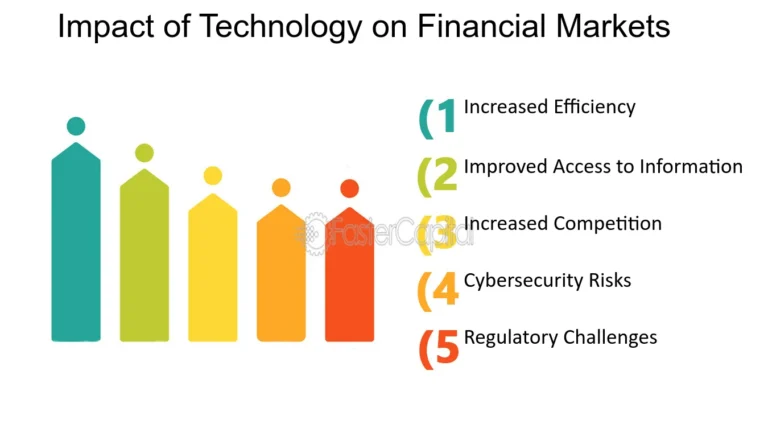Introduction
Cloud computing has become a key driver in business transformation, enabling companies to innovate, scale, and adapt more efficiently. By leveraging cloud-based platforms and services, organizations can streamline their operations and improve overall productivity. Exploring the role of cloud computing in business transformation highlights its impact on various business processes, including scalability, cost efficiency, and data management, making it a crucial technology in today’s digital landscape.
Overview of Cloud Computing
Cloud computing is the delivery of computing services such as storage, databases, software, and analytics over the internet. This approach allows businesses to access resources on a pay-as-you-go basis, eliminating the need for costly physical infrastructure. The flexibility and efficiency of cloud computing make it an ideal solution for companies looking to modernize their IT infrastructure and drive digital transformation.
You may also read this :https://devtuc.com/enjoy-4-fun/
The Connection Between Cloud Computing and Digital Transformation
Cloud computing acts as a catalyst for digital transformation by providing the technological foundation necessary for modernizing IT systems. Its inherent scalability and flexibility enable businesses to quickly adapt to market changes, launch new products, and improve service delivery. As a result, organizations can accelerate their digital initiatives and become more agile in responding to customer needs and competitive pressures.
Key Benefits of Cloud Computing in Business Transformation
1. Scalability and Flexibility
One of the most significant benefits of cloud computing is its ability to scale resources based on business needs. Companies can easily adjust their cloud resources during peak periods and scale down when demand decreases. This flexibility supports the rapid deployment of new applications and services, fostering innovation and growth.
2. Cost Efficiency
Cloud computing reduces capital expenditures by eliminating the need for expensive hardware and software. The pay-as-you-go pricing model ensures that businesses only pay for the resources they use, leading to substantial cost savings. This approach allows companies to manage their budgets effectively and allocate funds to other critical areas of the business.
3. Enhanced Collaboration
Cloud-based platforms facilitate seamless collaboration across teams, departments, and locations. Employees can access data and applications from any device, enhancing communication and teamwork. This improved collaboration can lead to faster decision-making and a more cohesive work environment, ultimately boosting productivity.
4. Improved Data Management and Analytics
Cloud solutions provide advanced data management and analytics capabilities. Businesses can store large volumes of data securely and explore more to analyze it in real-time to gain actionable insights. Cloud-based analytics tools enable companies to make data-driven decisions, improve operational efficiency, and gain a competitive edge in the market.”
Cloud Security and Compliance in Business Transformation
As businesses transition to cloud-based environments, ensuring the security and compliance of digital assets becomes critical. Cloud providers offer various security measures such as encryption, access controls, and automated backups to protect sensitive data. However, organizations must also implement their own strategies to meet data privacy and regulatory requirements, ensuring that cloud adoption aligns with security best practices.
Challenges in Adopting Cloud Computing for Business Transformation
1. Migration Challenges
Migrating to the cloud can be complex, involving data transfer issues, compatibility concerns, and potential downtime. Organizations need to plan their migration strategies carefully, working with experienced cloud experts to minimize disruptions and ensure a smooth transition.
2. Cost Management
While cloud computing offers cost advantages, managing expenses can be challenging. Companies should use cost management tools and regularly review usage patterns to optimize their cloud spending. This approach helps avoid unexpected expenses and ensures that cloud investments deliver maximum value.
3. Skills and Expertise
Successful cloud adoption requires skilled professionals who understand cloud technologies and can manage the transition effectively. Investing in training or partnering with cloud experts can help build the necessary skills and ensure that cloud implementations align with business objectives.
Cloud Computing’s Impact on Business Efficiency
Cloud computing improves business efficiency by enabling companies to optimize their processes, reduce operational costs, and enhance service delivery. It allows businesses to automate routine tasks, focus on strategic initiatives, and deliver better customer experiences. This efficiency contributes to faster time-to-market for new products and services, giving businesses a competitive edge.
Cloud’s Role in Driving Innovation
Cloud computing fosters innovation by providing the tools and resources needed to experiment and develop new solutions. Companies can leverage cloud-based platforms to test new ideas, deploy applications, and iterate quickly. This innovation is crucial for businesses looking to stay ahead of the competition and continuously evolve in response to market changes.
Recap of Key Points
Exploring the role of cloud computing in business transformation reveals that it offers numerous benefits, including scalability, cost efficiency, and enhanced collaboration. Cloud solutions support digital initiatives by improving data management, enabling real-time analytics, and ensuring robust security. While challenges such as migration, cost management, and skills acquisition exist, overcoming these obstacles can unlock the full potential of cloud computing, positioning businesses for long-term success.
Conclusion
In conclusion, cloud computing plays a pivotal role in business transformation by enabling companies to innovate, scale, and adapt more efficiently. Blogs on topics like How to Update MSI BIOS can further help businesses understand how to leverage technology effectively. By embracing cloud technology, organizations can streamline their operations, improve productivity, and deliver exceptional customer experiences. As digital transformation continues to reshape industries, cloud computing will remain at the forefront, driving innovation and business growth.”







